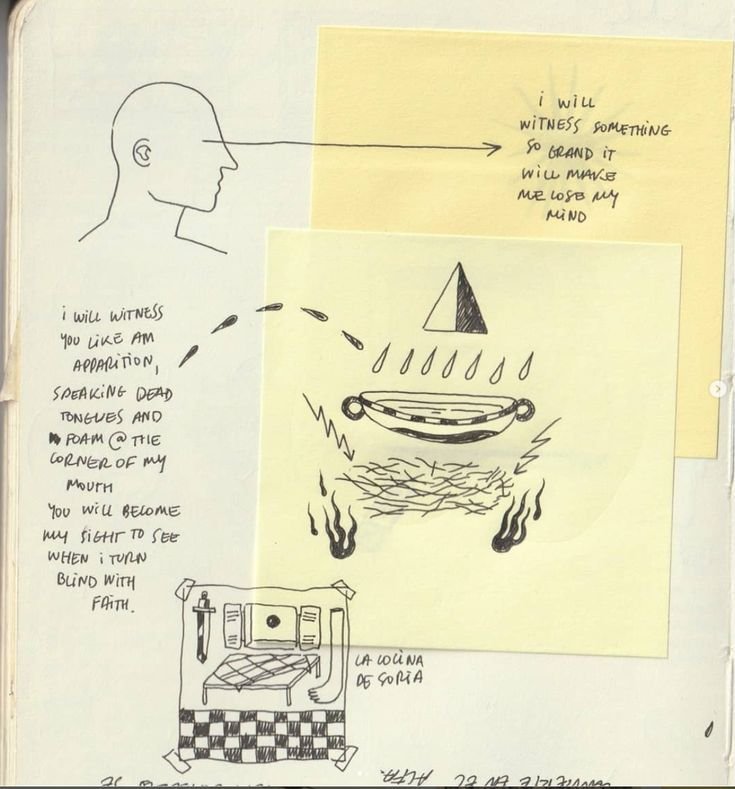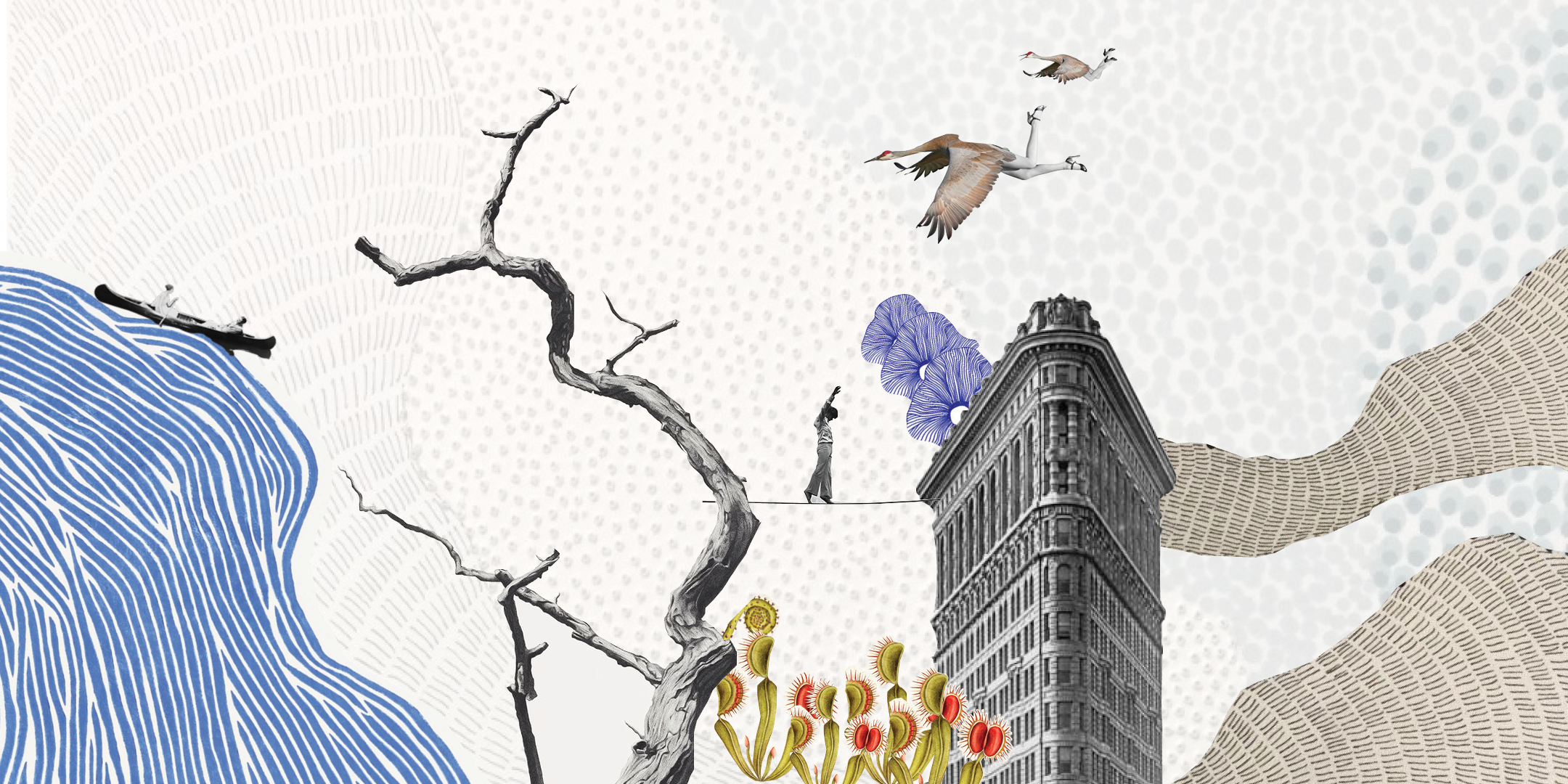Sofia Kavlin
Poet, pop-up activation designer, IRL experience facilitator. From Austin to the world.
I help organizations and companies turn emotional insight into meaningful IRL activations, analog rituals, and multi-platform storytelling campaigns. I strive for a people-centered approach, grounded in observation.
Work featured on NBC Nightly News, Secret NYC, The Kelly Clarkson Show, and Poets & Writers magazine.
You are:
Tasked with creating community-facing moments that feel authentic, inclusive, and culturally resonant. But too often, activations feel performative, disconnected from real emotion, or forgettable the moment someone leaves the room.
You’re looking for:
-
I design experiences and installations that spark reflection, vulnerability, and connection.
-
I build the frameworks — from immersive activations to anonymous storytelling prompts — that give your audience something honest to say (and share).
-
I collect emotional data based on patterns and themes produced during IRL activations. From DEI to marketing or petition-signing, this is how you measure emotional impact.
What I do
-
I draw from a quantitative data analysis and ethnographic research background to understand my environment and audience not as numbers but as participants and shapers of a culture.
-
Drawing insights from research to inform an initial activation proposal. I draw from Alternate Reality Game design and behaviour design to define the rules of engagement and participation, and highlight the key behaviours to reward and incentivize.
I work with visual artists to create renders and cohesive visual identities -
I design interactive public installations and narrative-driven IRL experiences that meet people where they are. Think: analog rituals, participatory art, and meaningful disruption in public space.
-
From the city to the digital landscape, I translate IRL experiences into user-generated content that can be adapted to long-form or short-form. I understand the appeal of in-person stories and communicate those through social media, webdesign and PR strategies.
Story Lab
Story Lab
StoryLab is a 75-minute creative strategy session for founders & creatives who are having a hard time taking that first step. This session is the match that will kick you off. Whether you're planning to write a book, found a company, build a personal brand, or curate an exhibit, this session helps you clarify your message, vision, and medium — and translate it into a strong concept and doable first step.
Part narrative excavation, part creative brief — you'll leave with:
A clearly defined message & concept (visual and copy)
A first week roadmap (with calendar integrations)
Creative direction & emotional framework for rollout.
Project Gallery
WNDRLND (2023) is a co-designed alternate reality scavenger hunt based on the Lower East Side's Puerto Rican heritage. It uses a collaborative map (QGIS and Felt) as an interface to mediate between players' movements and the community garden network of “Loisada“.
The Unlearning Project (2021 - present) is a collection of poems and essays centering on the exploration of “Old Beliefs” and "Reframes”. Drawing inspiration from Henri Bergson’s notion of “infraordinary,“ the purpose of this narrative change sequence is to render the ordinary strange again.
TimeTable (2023) is a temporary urban installation using plywood and oak. Timetables say something specific about our cultural attitudes towards time — the contraction of time and space for production purposes. It evokes the mechanization of society during the industrial revolution. This wonky timetable plays into the idea that time is first and foremost, an experience - and, therefore, subject to variations depending on context and quality of attention.
Slow matter.s was a pop-up performance series taking place from June to September 2023 in New York City. We curated Lo-Tek events in public spaces and salons where, through spoken word and live music, we invited participants to turn their phones off and tap into their own creative space. To disengage and reengage.
Cartography of Self (2024) explores culture’s influence on body image and individual aspiration. It is typewritten and rendered in watercolor and bricolage and draws from a five-month-long movement study with Mary Abrams in New York.
The Unsent Letter Mailbox (2024) is a temporary public installation and anonymous reading series where passersby write unsent letters and, in exchange, are invited to read one written by someone else.
“Horizons” (2023) centers on the frailty and joy of the human body against the concrete backdrop of New York City. This piece captures the right to privacy and contemplation through unscripted movement (to dance as if no one were there).
Humanizing Data (2023) is a five part workshop series developed for the Van Alen Institute exploring the relationship between the body and the built environment through three steps: first, by attending to direct sensory experience; second, by identifying the narratives that inform spatial design; and lastly, by observing how we subsequently move through it.










